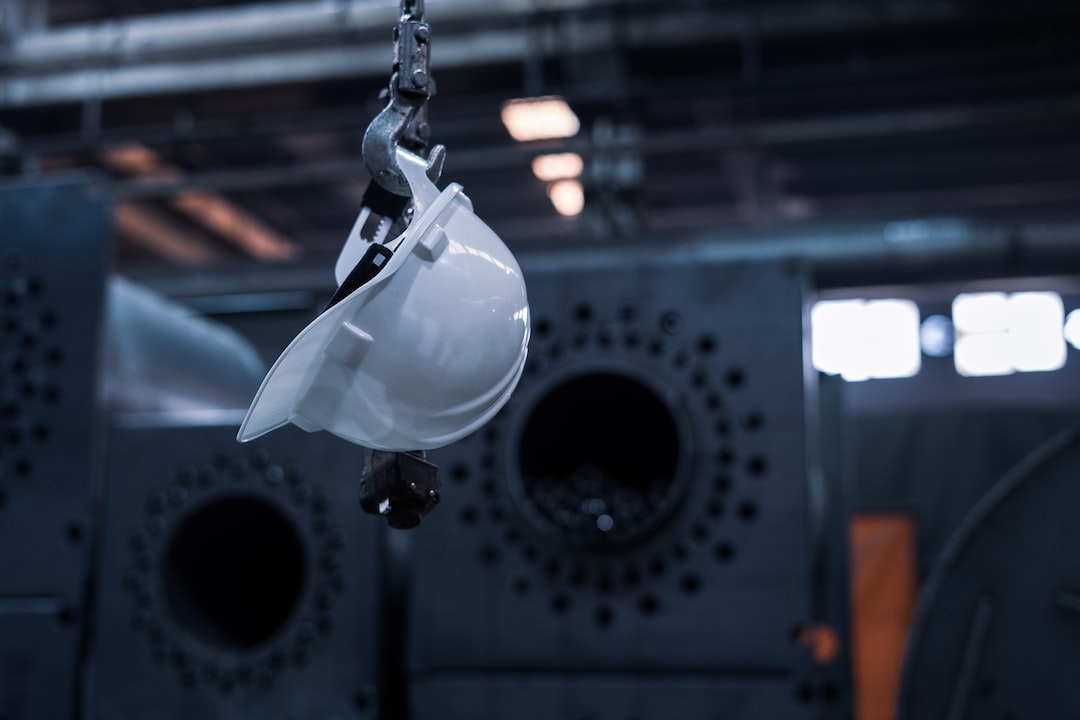Ethical Manufacturing: Promoting Fair Labor Practices and Responsible Sourcing
In today’s globalized world, where products are manufactured on an unprecedented scale to meet the demands of consumers worldwide, it is crucial to ensure that these products are made ethically and sustainably. Ethical manufacturing practices not only promote fair labor practices but also ensure responsible sourcing. In this blog post, we will explore the importance of ethical manufacturing and its impact on both workers and the environment.
First and foremost, ethical manufacturing promotes fair labor practices. It focuses on creating safe and healthy working conditions for employees, eliminating exploitation, and providing fair wages. By adhering to ethical practices, manufacturers can ensure that workers are being treated with dignity and respect. This means no child labor, no forced labor, and no discrimination. Ethically manufactured products empower workers rather than exploit them, allowing them to have a higher quality of life and escape the cycle of poverty. By supporting companies that engage in ethical manufacturing, consumers can contribute to a more just and equitable world.
Furthermore, ethical manufacturing also emphasizes responsible sourcing of materials. It involves a thorough examination of the supply chain to ensure that materials are sourced sustainably, without causing harm to the environment or local communities. This includes considering factors such as the use of environmentally friendly production processes, responsible waste management, and the reduction of carbon emissions. By sourcing materials responsibly, manufacturers contribute to the conservation of resources, safeguard biodiversity, and mitigate the negative impact of production on climate change.
One notable example of ethical manufacturing is the widespread use of fair trade practices. Fair trade ensures that producers in developing countries receive fair prices for their goods and have better working conditions. It not only guarantees fair wages for workers but also provides additional funds to invest in local communities, such as schools, healthcare, and infrastructure projects. By purchasing products with fair trade certification, consumers can contribute directly to the well-being of individuals and communities in developing countries.
However, ethical manufacturing is not without its challenges. One major obstacle is the complexity of global supply chains. Many companies source materials and components from various countries, making it difficult to trace the origin of each product and ensure its ethical production. However, innovative technologies like blockchain are increasingly being used to increase transparency and traceability in supply chains, making it easier to identify and address ethical issues. Consumers can also play a role by demanding transparency from brands and supporting companies that prioritize ethical manufacturing practices.
Lastly, it is important to recognize that ethical manufacturing is not just a matter for companies and consumers but also requires support from governments and international organizations. Governments can establish and enforce legislation that promotes fair labor practices and responsible sourcing. International organizations can provide guidelines, certifications, and support to companies and industries aiming to adopt ethical manufacturing practices.
In conclusion, ethical manufacturing is crucial for promoting fair labor practices and responsible sourcing. By adhering to ethical practices and supporting companies that prioritize these values, we can contribute to a more just and sustainable global economy. By demanding transparency and accountability, consumers can be empowered to make informed choices and support ethical manufacturing. Ultimately, ethical manufacturing is a collective responsibility that requires the collaboration of businesses, governments, and individuals to create a better and more equitable world for all.

